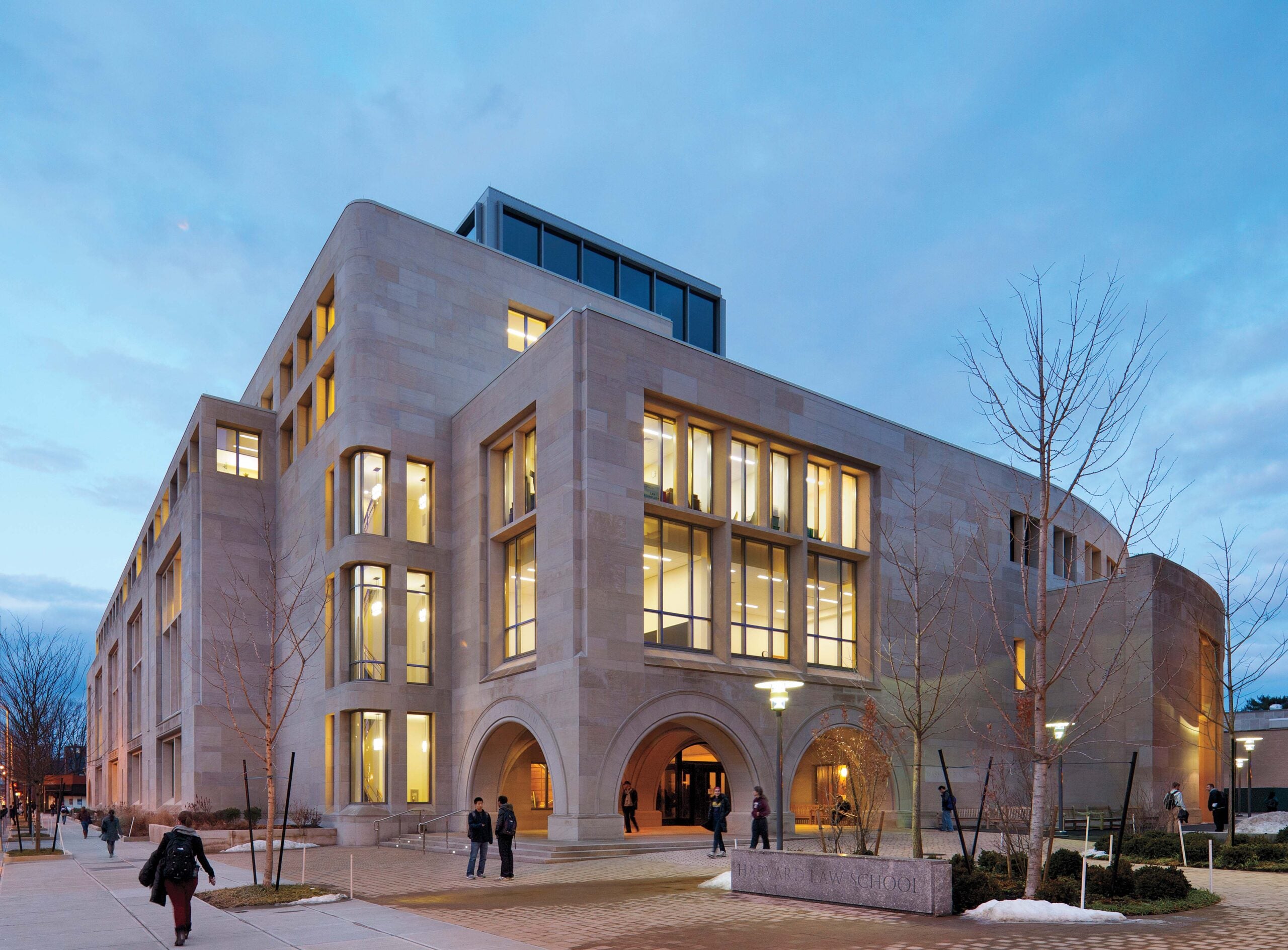
OPIA resources for alumni include general counseling, advice on networking, application material review (resumes and cover letters), mock interviews, and access to job postings. In addition, OPIA has a variety of publications and materials that will assist you in your job transition.

Connect with OPIA
Please keep in touch with us and schedule an appointment with the alumni adviser for personalized attention to your job search needs!
We are now using CSM/Symplicity for all advising appointment scheduling. If you need assistance, please email us at opia@law.harvard.edu or call 617-495-3108.
Alumni Transitioning From the Federal Government
If you have lost your job, are concerned you might lose your job, or just want to explore your options, Harvard Law School’s Office of Career Services (OCS) and Office of Public Interest Advising (OPIA) are here to help! We created a Joint Guide to help you navigate this change.
OCS & OPIA Guide to Transitions from the Federal Government (2025)
Working in the Public Interest
From community legal services, international human rights, government, and non-profits, the world of public interest legal work is large and varied and lawyers’ career paths are unique. To get insights into different fields and trajectories, start with these resources.
Public Interest Roadmap
If you are contemplating a job change and are considering public interest options, our roadmap will assist you in getting started and navigating your job-seeking journey.
Self-Assessment
In order to determine the type of public interest work that is right for you, begin with a candid self-assessment. At a minimum, try to identify the key qualities you want in a job by considering the following:
- What matters most to you in your professional work?
- How can you best use your talents?
- What do you love doing the most?
- What skills has your current job demanded from you, and which do you most enjoy using?
- To what type of work are you drawn?
- At what do you feel most successful?
- What kind of balance do you seek between work and family or personal time?
Job and Fellowship Search Timeframe and Tools
Job-seekers do not find jobs overnight, particularly in public interest law. Public interest hiring tends to be sporadic, usually occurring only when an attorney leaves or when funds exist to create a new position. Allow yourself at least six months to a year, know that some searches take several years, and try not to be discouraged when early leads do not pan out or employers tell you that they are not hiring. Give yourself the time to make an informed and strategic decision rather than leaping at the first job opportunity that presents itself. By taking the time to think carefully about your next step, you can increase the likelihood of finding work that is fulfilling on both a personal and professional level.
In addition to the job search databases below, there are many others that focus on particular types of industries, job environments, and regions of the country. For help identifying additional sources for job postings, make an alumni advising appointment.
Job and Fellowship Search Postings
Networking and Informational Interview Tools
Networking is often the key component of a successful job search. While it may feel daunting at first, once job seekers start to talk to people in their field of interest, they often find the results so rewarding that it becomes much easier (and enjoyable) to continue. The goal of networking should not be to find out about a particular job opening. Rather, networking allows you to learn more about an area that you are considering so that you can make informed decisions about moving to that field. That said, since the public interest legal community is often small and close-knit, networking can sometimes lead to employment.
Once you have constructed a list of potential contacts, you should begin to set up informational interviews. Remember that, while networking can sometimes lead to hiring, that is not the primary purpose of these interviews. Rather, your objective is to gain a better sense of the field and learn about possible routes to a specific job opening. Make it known that you are looking to change jobs, and enlist others to help you. Learn more with our networking tips.
Networks
Building Public Interest Experience
Public interest employers are especially interested in job applicants who have demonstrated some previous commitment to public interest work, and, ideally, have some experience in the particular area of law with which the organization is involved. Listed below are some helpful ways to begin developing experience in public interest practice.
Application Materials
HLS alumni may submit their resumes and cover letters for review by an OPIA adviser. We will review one resume and one cover letter per alum per year. Before submitting your materials, they must be formatted according to our resume and cover letter guidelines and will be sent back for reformatting if they do not follow these guidelines.
OPIA is now using CSM for application materials review. Please complete our new materials review request form, uploading your materials as Word docs only. Your materials will then be assigned to an adviser for review. When completed, you will receive a notification to retrieve your reviewed document(s) from CSM.
Allow 10-14 business days for your materials to be returned with edits and comments.